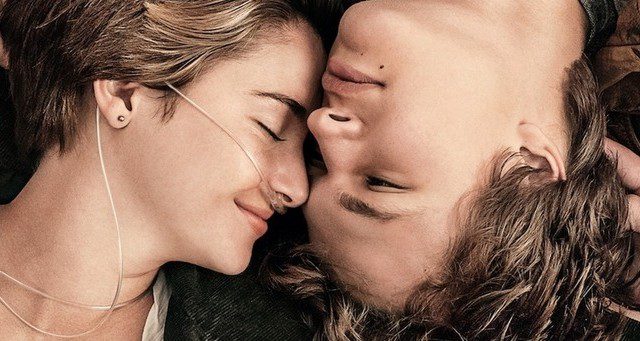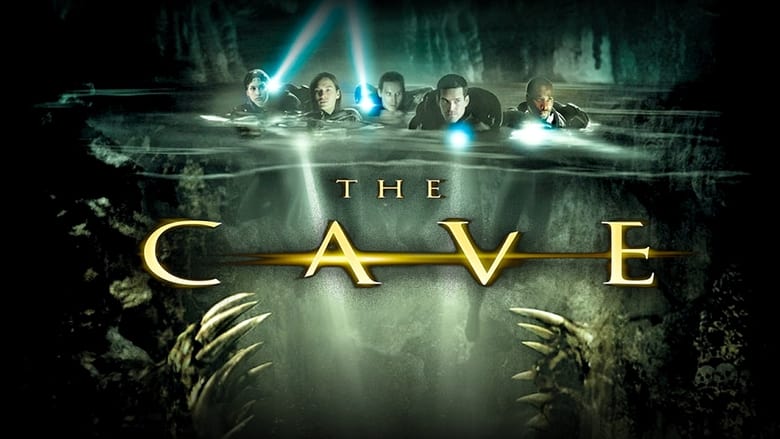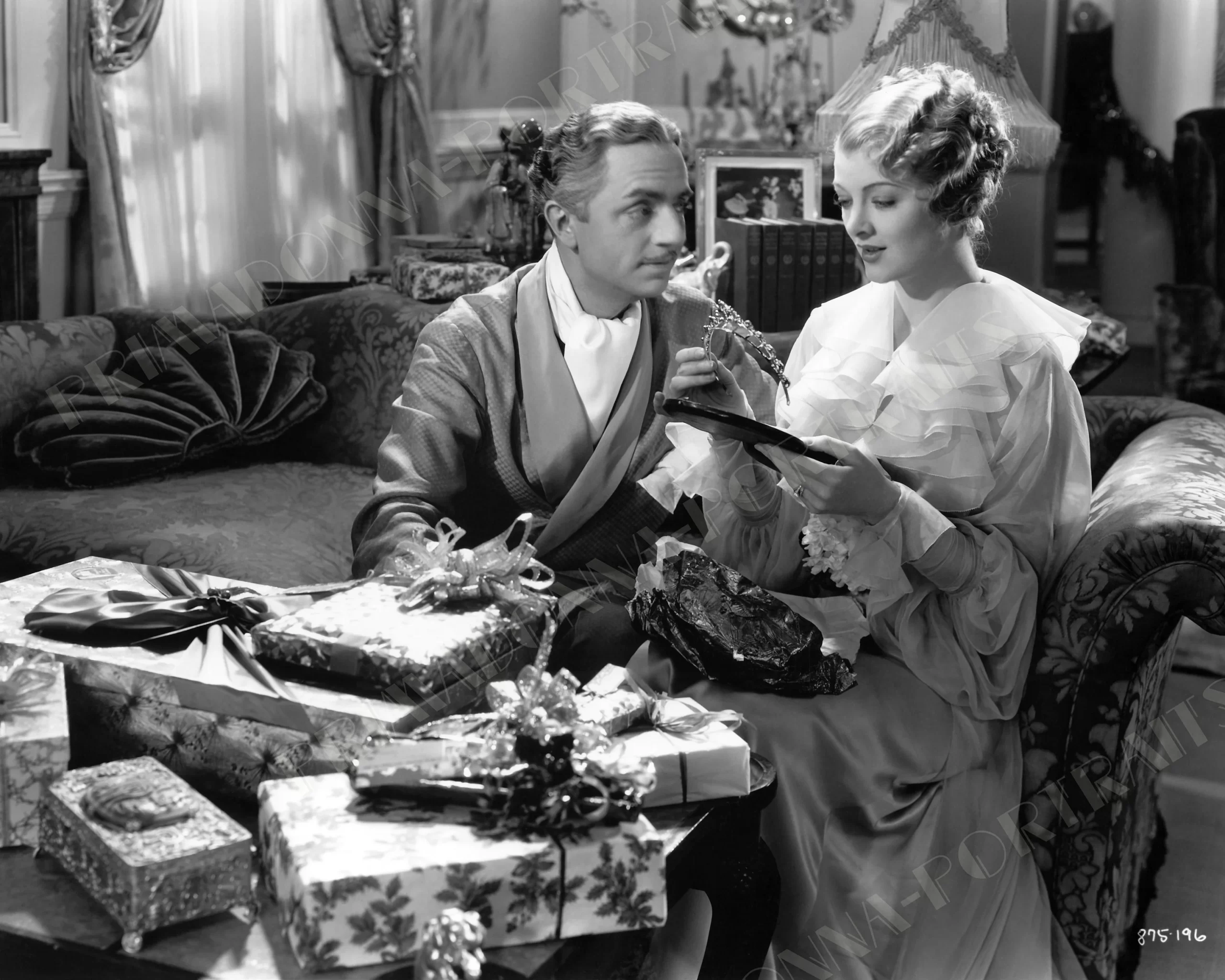Kids or teens with cancer are quite possibly the most sympathetic group of all. That makes the young patients in The Fault in Our Stars a no-brainer to root for. It doesn’t mean, however, that this adaptation of John Green’s popular novel ever reaches the hanky-ruining catharsis it needs. It’s not for lack of desire. Josh Boone’s adequate yet inert movie expends considerable effort trying to convince you it’s something more important and emotionally sophisticated than just another sappy love story or a glorified young adult book adaptation. At the same time, it wants very much to establish a tear colony on your face. The problem is that it finds too many ways to be overly aware of what it is. Overthinking and outsmarting the genre is usually a lousy way to generate an emotional response. The waterworks never start.
The heroine of the story, as many who read the book already know, is Hazel Lancaster. In the movie’s first scene she tells us what to expect, dismissing “sugar coated” depictions of romance and declaring that “it’s not the truth—this is.” Well, then. Played by Shailene Woodley, Hazel is 17 and has spent most of her teenage life surviving cancer: first of the thyroid, then lungs. A fiercely intelligent young woman who has to wear a respirator everywhere she goes, she has no friends. Her mom seems to mind more than she does. Her doctor has just upped her dosage of Zoloft. She copes by reading over and over again the dourly named The Imperial Affliction.
It’s at a support group for young survivors that she meets the charismatic and good-looking Augustus Waters. Since losing his leg to cancer (his metallic replacement almost makes it look like he suffered a battlefield injury), he’s resolved to let nothing deter him from living life to the fullest and creating a legacy. He even buys cigarettes just to place them between his lips without lighting, thus denying them the power to kill him. With Hazel he doesn’t waste a second, making his attraction and interest blatant from the moment they meet. She’s clearly flattered by all the new attention. They swap numbers and favorite books and ideas about life (as far as outlook on the world goes, they’re diametric opposites). They talk on the phone for hours, as young lovers do. Texting just the word “okay” becomes their thing.
Problem with all of this is that nearly everything about Gus rings terribly, obnoxiously false. He’s one of those liberated, fearless, free spirit types who only exist in egregiously contrived fiction or Harold and Maude. What screenwriters Scott Neudstadter and Michael Weber don’t realize is that many of the very same things that are supposed to make him intriguing and colorfully unconventional just make him come across like a douchebag. The ostentatious way he frequently talks with turns of phrase like “sage words of feminine advice” is hard to take. The performance by Ansel Elgort (previously seen in Divergent and Carrie) doesn’t exactly transcend the material. He portrays Gus with ample confidence, sure, but his overly cute, self-pleased air quickly grates. This is one of the most mugging turns I’ve seen from a young actor since Anton Yelchin’s breakout role in Charlie Bartlett.
The wonderful Laura Dern, by contrast, is a bright and welcome presence as Hazel’s mom. Nat Wolff, who can also be seen in the currently playing Palo Alto (James Franco’s scandalous short stories of sex and drugs in high school directed by a Coppola), is both funny and affecting as the guy who has lost first his eyes, then his trophy girlfriend and is learning to cope with a dark, loveless world. He is a young actor to watch. As Hazel, the increasingly famous – and justly so – Woodley is very good, if a little short of amazing. I thought she gave one of the most pitch-perfect depictions of a teenage girl ever in Alexander Payne’s The Descendants and she has not broken the promise that film established. If her performance here isn’t quite as indelible as that or her part in last summer’s The Spectacular Now, it’s largely by daunting comparison. There’s something so refreshingly real and unpretentious about Woodley. She seems allergic to false moves or showy overacting.Her portrayal of Hazel is decidedly unmawkish.
The fixation on the book The Imperial Affliction prompts them to contact its writer in the hope of getting answers to their many questions. From his residence in Amsterdam he invites them to visit and discuss what happens to the characters after the book ends. Despite her stage-4 condition, they do. The scene where they meet their literary hero face to face (played by Willem Dafoe) throws something of a curveball. I didn’t believe it at all or how that character reinserted himself into the story later on. That overwritten and eyebrow raising quality pervades much of the movie’s sob-free second half. The Fault in Our Stars has some very talented actors and a general vibe of respectable competence. It also seems suspicious of subtlety while fussily trying to be smarter and fresher than it actually is. A more unabashed (and credible) tear-jerking young romance would have been quite a bit more satisfying. This is a movie in some serious denial about all the ways that it’s product.




